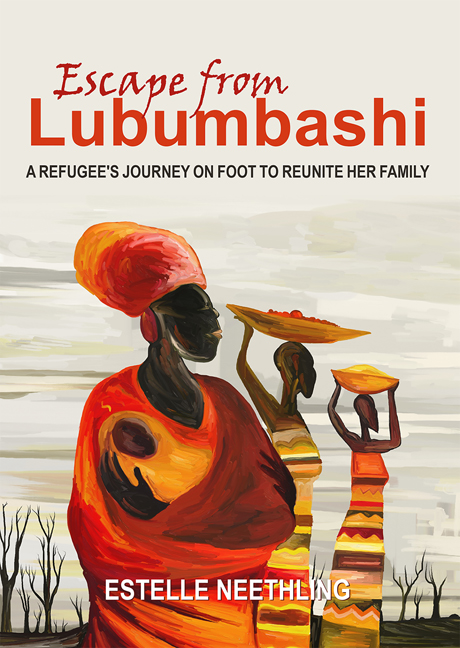5 - Life in Zambia and political turmoil
Summary
As an eleven-year-old Sixth-Grader, Adolphine resumed her primary school learning at the John Howard government girls’ school in Lusaka, when her father decided to explore the possibility of settling in Zambia during 1984. Describing those early days in Zambia she observes: “I was a quiet, calm person. I never wanted to see chaos or disaster around me.
“The principal was the wife of the prime minister of Zambia and was strong on discipline, but she was replaced when she became ill. After that discipline became a thing of the past and the bullies in school began calling other children names. I hated it. I was a model pupil and a prefect in the class. I take after my father; I can't stand injustice.
“I was very protective of my sister Marié, a sensitive child who cried easily. While we were still in primary school in Congo Marié would sometimes come and tell me that some of the big boys were harassing her. These local bullies would grab her books and run away with her schoolwork. I would become so furious that my heart would beat terribly fast. I often ended up boxing those bullies’ ears.”
Smiling mischievously, she told me of an occasion when the father of one of her sister's tormentors came to Nkudimba's house in a rage, demanding to have it out with Adolphine who had punched his son after school that day.
“I was sitting in my room, innocently busy with my homework, hearing my father defending me.” “My daughter would never do such a thing!” he shouted angrily.
In Zambia, at this tender age Adolphine had her first bitter taste of xenophobia, a concept not generally known then by that name. All so-called foreigners were lumped together and jeeringly called “bakasai”. Those who came from Tanzania were called mwachusa, vikasai, or simply also bakasai. She remarked that strangers to their country were constantly harassed by the police and made to feel appallingly unwelcome. Any excuse would do to bewilder and frighten the unwanted foreigners. Adolphine once witnessed how a young mother, who had recently given birth and was on her way to fetch water for her infant, was forced to leave her baby and taken away to prison.
- Type
- Chapter
- Information
- Escape from LubumbashiA Refugee's Journey on Foot to Reunite her Family, pp. 25 - 30Publisher: University of South AfricaPrint publication year: 2021



